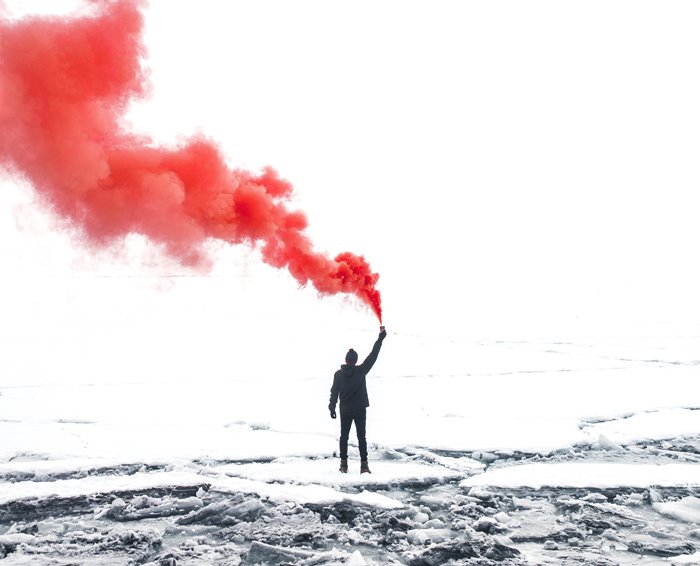“Communicate your cause.” Should this be the 18th SDG?

By Marcelo Douek and Henry Grazinoli*

Michele is 10 years old, lives in an upscale neighborhood of Sao Paulo and every day she reminds her parents that they need to take their showers faster so we won’t get rid of the water on the planet.
Meanwhile, Dona Cida, 67 years old, works as a cook at a restaurant in Ilhéus, on the coast of the state of Bahia, and keeps reminding her colleagues that there are more effective ways to wash dishes without wasting so much water.
Finally, João Felipe is the sustainability director of a beverage company that invests much of its budget in a water access program for remote communities.
Do you guess what these people have in common? They are working daily for SDG 06 – Water and Sanitation. On their own way, each contributes to the 2030 UN agenda, possibly most without even knowing what the SDGs are.
At the same time, there is something else in common: apart from talking to their interlocutors – Michele’s parents, colleagues of Dona Cida and João Felipe – they talk to virtually no one else about water. They do not discuss water in social circles, much less publicize the cause except in small circles.
For this theme to reach their social circles more often, the major barrier to overcome is that of communication. This subject must be present constantly in their social networks, in the conversation of the neighborhood, in the dinners between friends.
Have you ever wondered what would happen if millions of people knew more and started talking about the SDGs? What if all companies put the SDGs on their communication agenda? The big barrier of the SDGs is still awareness: many people have no idea what this agenda is about. Of course we have no intention of creating the 18th SDG, but think about it: if “Communicating Your Cause” were on the agenda of those working on the 2030 agenda as strongly as the other 17 SDGs, we would certainly be on another level in terms of knowledge, engagement, and movement around the agenda.
Social entrepreneur Mohammad Yunus coined the concept of “Social Fiction.” According to him, everything we build as a society, from economical models to technologies, was once part of our imagination. If we can imagine, we can work to build. In other words, the more the SDGs are part of the imagination of Michele, her family and friends at school, of Dona Cida’s and João circles of friends and collaborators, the closer we will be to making the necessary transformations. We need to communicate to populate everyone’s imagination about the 2030 agenda.
Consider this: How much energy do you spend on the SDGs you work in? How much energy do you spend communicating the work you do for SDGs? The more you (and the whole of society) talk about it, the faster the 2030 agenda will be effective and lead us toward a better world.
Marcelo Douek and Henry Grazinoli are co-founders of Social Docs, a social impact storytelling producer and official partner of the Global Compact in the Future of the People Wanted project, a mini-doc web series that tells stories about the SDGs and the 2030 Agenda.
COMENTÁRIOS:
Destaques
- Escola Aberje leva comunicadores para Amazônia em expedição imersiva
- Encontro de líderes debate responsabilidade do setor empresarial e papel da comunicação na COP30
- Aberje realiza reunião presencial com Comitês de Estudos Temáticos em São Paulo
- A comunicação é forte em mercados em que as associações são fortes
- Aberje participa do painel de entidades no 19º Congresso da Abraji
ARTIGOS E COLUNAS
Marcos Santos Maratona da vidaMônica Brissac Thought Leadership: marca pessoal x reputação corporativaLetícia Tavares Liderança comunicadora: um tema sempre atualHamilton dos Santos Comunicação é estratégica na economia contemporâneaCarlos Parente Um salto ornamental para mergulhar no pires



























